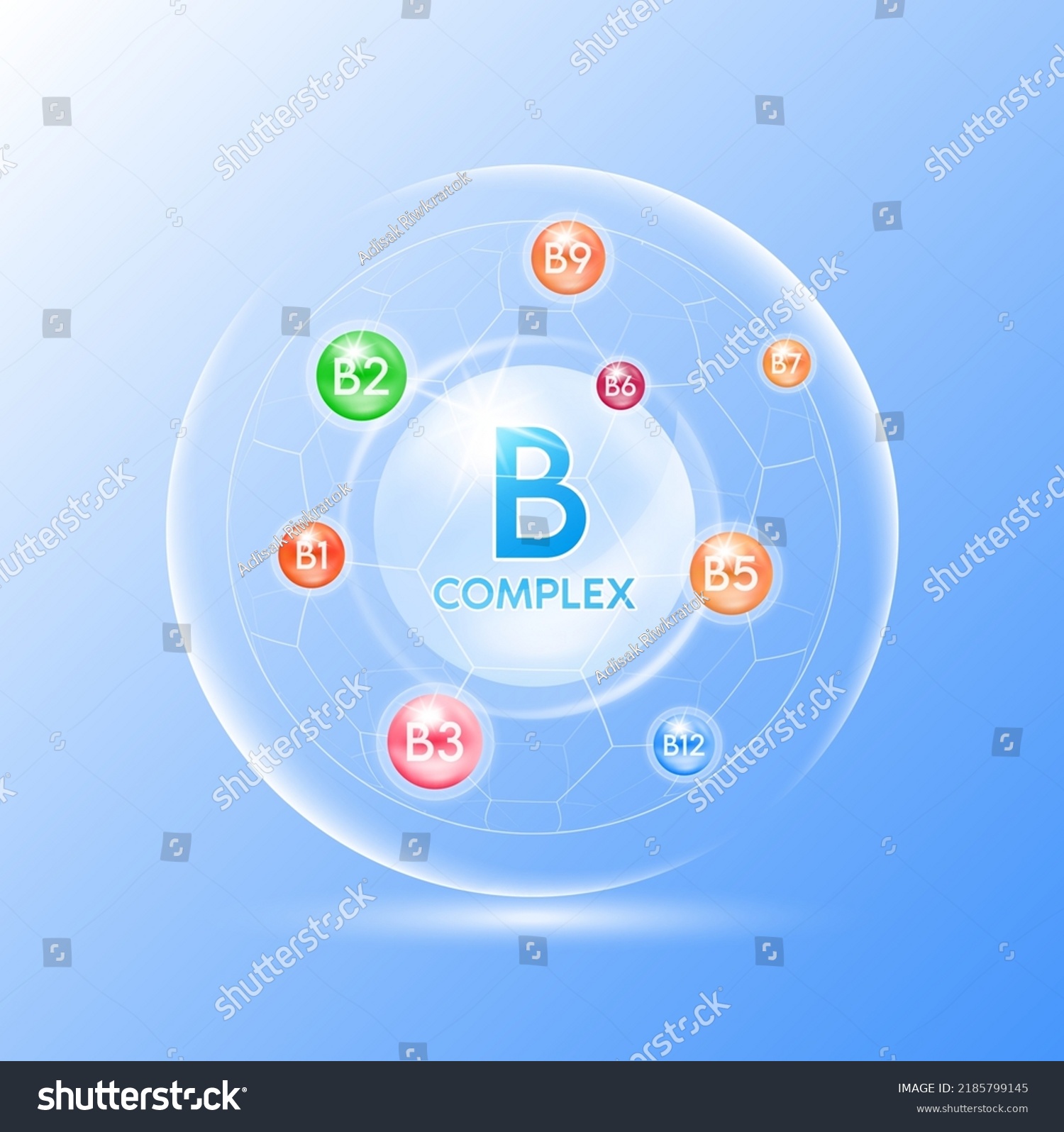Vitamins
Vitamins are organic compounds found in food and are essential in minutes amounts for the body for normal metabolic function.They themselves do not yield energy but are essential for completing the metabolism of energy yielding substances.They cannot be synthesized by the body except some vitamin D and must be supplied in food.
Classification of Vitamins
Traditionally vitamins are classified into two groups as fat soluble and soluble.
Fat soluble
Vitamin A,D,E and K are fat soluble.These are stored in the body for prolonged periods and liable to cause cumulative toxicity after regular ingestion in large amount
Water Soluble
Vitamin C and Vitamin B Complex are water Soluble vitamins.water soluble vitamins are easily absorbed by body, which means you won’t store large amount of it to help naturally keep your body nutritionally balanced.One of the jobs of the kidneys are to remove any excess water soluble vitamins that aren’t needed

Antioxidants
Agents which destroy free radicals are called Antioxidants.Free radicals are atoms or molecules with one or more unpaired electrons.They have a tendency to acquire an electron from other substances and this makes them highly reactive.Small amounts of free radicals are generated in the cell membrane and close to cell in our body during metabolism.They are extremely unstable, metabolically very active and can damage most cell structures, including the membrane, lipids, proteins, enzymes and DNA acid.Reactive oxygen species (ROS) found in the body are:
- Nitric oxide (NO)
- Superoxide anions(O2)
- Hydroxyl radicals(OH)
- Hydrogen peroxide(H2O2)
- Lipid peroxide COOH
Small amounts of free radicals helps in destroying microbes but in excess they are harmful to body.

